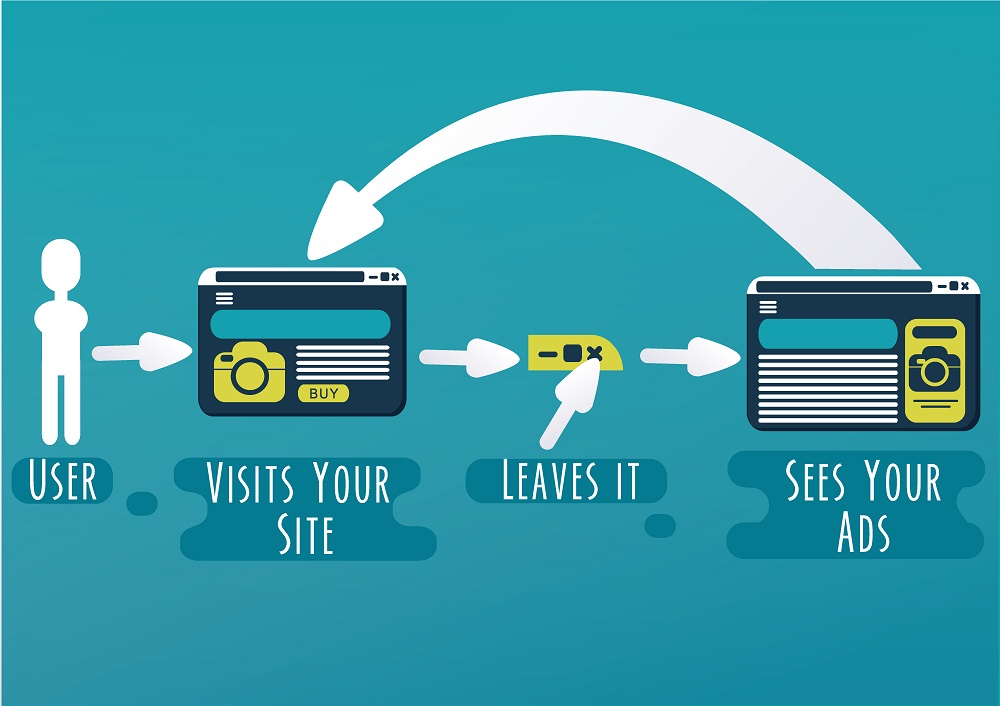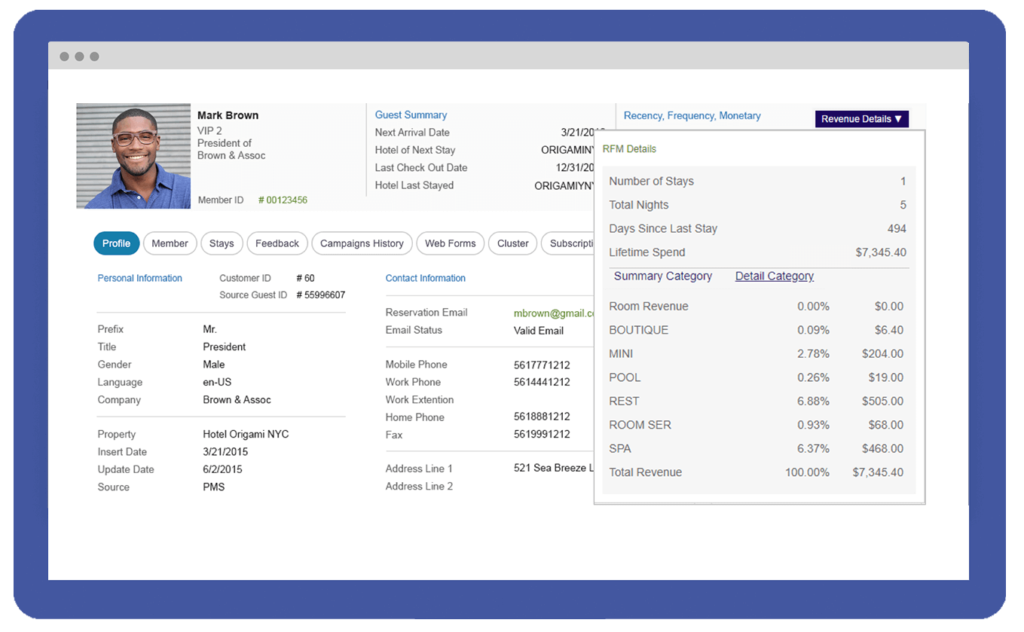Is your hotel prepared for a world without third-party cookies?

Digital marketing is taking most of the cut from advertising and marketing budgets to reach potential customers. Industries hit by the pandemic will be resuming their marketing efforts in an attempt to recover their losses. Experts are predicting that US companies are going to spend 15% more on advertising this year as more people spend more time online.
The hospitality industry is no exception. Hotels will start advertising left and right to attract guests as travel resumes. For example, Expedia recently launched its largest brand-marketing campaign in five years.
However, major changes in cyberspace are also bound to happen next year, starting with the demise of the data collection tool marketers have relied on so much – the cookies!
The death of third-party cookies

You have probably encountered a dialogue box asking whether you accept or refuse cookies when you visit a website. Cookies are meant to identify specific users and improve your web browsing experience. Data stored in a cookie is unique to your connection and is labelled. When the cookie is exchanged between your computer and the network server, the server identifies the user ID and knows how to serve you.
Cookies have become an integral part of digital marketing as it allows you to gain insights from your users that can be used in formulating marketing campaigns.

There are two types of cookies and their function is different. Some cookies may pack more of a threat than others depending on where they come from.
- First-party cookies are directly created and owned by the website. These cookies help websites learn more about users and optimise their experience. Your hotel websites probably collate basic data and information from those who visit them.
- Third-party cookies, on the other hand, are more troubling. If your ads tend to follow users, that is the third-party cookies’ doing. It stays in the user’s device and tracks the user’s behaviour on other websites. It is beneficial to advertisers as it allows them to retarget customers, but some users feel uncomfortable with third-party cookies stalker-type functionality.
Because of this, many users are using ad blockers and privacy-oriented browsers. By 2022, Google will remove third-party cookies from its Chrome browser, which has over 60% market share. Mozilla’s Firefox and Apple’s Safari will also block third-party cookies by default.
Future of digital marketing

The end of third-party cookies is not the end of the world. Digital marketing is a broad term and it branches to different strategies such as social media marketing, email marketing and search engine optimisation, etc. Here are some digital marketing strategies that hoteliers can do to reach potential customers.
Take advantage of zero-party data
Make your customers share their data and information intentionally through polls, contests, newsletter sign-ups, and interactive social posts. If the user trusts your site and finds value in what you are offering, you will be surprised by how much info a customer is willing to share. Hotels can include questions like specific travel habits or preferences that are relevant for your marketing campaigns.
Create an engaging content strategy
Having a solid content strategy is one of the most effective digital marketing strategies for hotels. When done right, it ramps up awareness, sales and engagement of the brand. Content strategy enables hotels to reach potential consumers that may or may not be aware of your brand. Content can also be used in a wide variety of platforms like social media, blogs, and third-party publications. Moreover, relevant and evergreen content does not spoil and stays on the web for a long time, making it a worthwhile investment.
Focus on first-party cookies
First-party data is king! Any company that does not bother to collect first-party cookies, is letting money slip off their hands. Taking control of this data should be the company’s priority to learn more and deepen their engagement with their clients and, eventually, monetise from it and improve ROI across marketing efforts.

First-party data is the information you collect directly from your audience or customers. It includes:
- Bookings, ancillary spend, and repeat stays
- Guest demographics and psychographics
- Behavioural data, such as previous search patterns and booking window
- Intent data, such as whether they are an in-market buyer
First-party data is the most valuable as it comes straight from your audience and customers. Moreover, it is available to the company at no cost, making it cost-effective. It’s also relatively easy to collect and manage to formulate effective and efficient campaigns that will lure them in and boost the company’s revenue.
Cendyn offers a hotel CRM platform, eInsight, which provides marketing automation and guest intelligence for enterprise hotels, multi-property and multi-brand hotels. It consolidates different data from various points throughout the users’ travel journey into your Guest Profiles to create a single version of truth, allowing you to fully know your clients. It also offers sophisticated personalisation and upsell opportunities that allow hoteliers to learn more about their guests, enhance loyalty and drive revenue across their business.


Comments are closed.